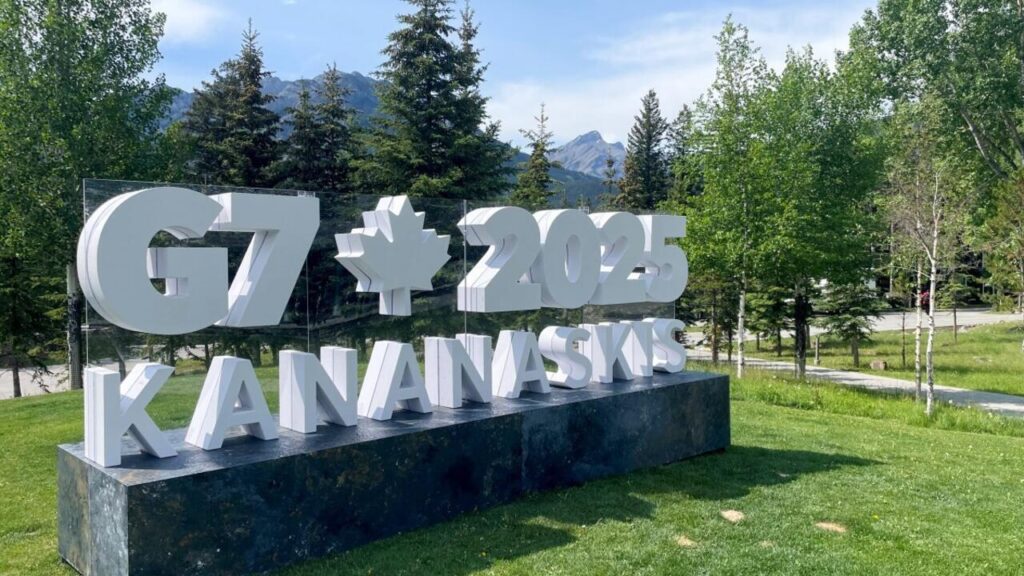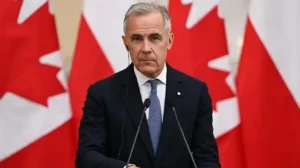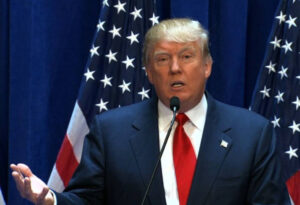G7 Summit Opens in Canada Amid Urgent Calls for De-escalation of Israel-Iran Conflict

Banff, The Gulf Observer: The Group of Seven (G7) summit commenced on June 16 in the Canadian Rockies, with world leaders urgently turning their attention to the rapidly escalating conflict between Israel and Iran over Tehran’s nuclear program. The three-day gathering, hosted by Canadian Prime Minister Mark Carney, comes at a moment of heightened global instability.
U.S. President Donald Trump, speaking to reporters ahead of the closed-door sessions, reiterated his call for immediate dialogue between the two adversaries. “They should talk, and they should talk immediately,” Trump emphasized, urging diplomacy to avert further conflict.
British Prime Minister Keir Starmer echoed the sentiment, saying that all G7 leaders are united in their assessment that de-escalation is critical. “We have to find a way to de-escalate the situation,” he said, warning that the Israel-Iran confrontation threatens to inflame the already volatile situation in Gaza and disrupt the global economy. Starmer added that he had discussed the matter directly with President Trump and stressed the “immense” global implications of continued escalation.
German Chancellor Friedrich Merz announced that Berlin would propose language in the summit’s final communique reaffirming that “Iran must under no circumstances be allowed to acquire nuclear weapons-capable material.” He said Germany remained committed to non-proliferation and regional stability.
In bilateral talks with Prime Minister Carney, President Trump shifted focus to broader geopolitical issues, criticizing the G7’s 2014 decision to remove Russia following its annexation of Crimea. Trump called that move a “destabilizing mistake” and suggested that the group should consider reintegrating Russia. He also floated the idea of including China in future G7 discussions, a move that could redefine the bloc’s scope and influence.
Trump emphasized that trade remains his administration’s top priority at the summit. “Our primary focus will be trade,” he stated, indicating his intention to confront long-standing grievances over what he perceives as unfair trade practices by G7 partners and beyond.
The summit opened under a cloud of geopolitical uncertainty. In addition to tensions in the Middle East, the leaders face unresolved crises in Ukraine and Gaza, growing challenges related to climate change, immigration, narcotics trafficking, and emerging technologies such as artificial intelligence. The economic imbalance caused by China’s dominance in manufacturing and control over global supply chains also looms large.
“This is one of those turning points in history,” Canadian Prime Minister Mark Carney remarked during the opening session. “The world is more divided and dangerous.”
As the media was ushered out of the opening proceedings, Carney turned to Trump and, with a tone of irony, referenced the attention his remarks had already drawn. “Mr. President, I think you’ve answered a lot of questions already,” he said.
The outcome of the summit remains uncertain, as the G7 leaders navigate some of the most complex and combustible global challenges in recent memory.


